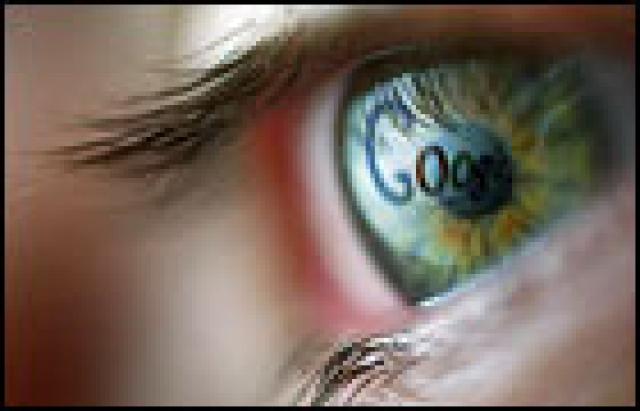
At Google’s London headquarters, among the primary-coloured exercise balls and tents erected for brainstorming purposes, a wall of cupboards contains several hundred mobile phones, each stashed in its own little cubby hole.
Nearby, around 80 people are beavering away in what is the largest grouping of Google mobile software engineers in the world.
Having conquered our desktop computers, the world’s biggest web company is turning to mobile phone technology for its next phase of growth, and much of that effort is being led from London.
One of the engineers leading the charge is Dave Burke, a 31-year-old who joined the company in February from a small speech recognition technology firm in Dublin, and who already speaks with a mid-Atlantic accent.
"In the next decade a lot of people are going to experience the web for the first time on their mobile device and we want to be there," says Burke.
advertisement
The prize is huge. By 2010, the number of global mobile phone subscribers is expected to be 4bn, dwarfing the number of desktop internet connections, which stand at 1.2bn today.
Mobile ad spend could rise from $1bn worldwide this year to $8bn by 2012, according to an estimate by researcher D2 Mobile.
So why should Google succeed in persuading us to use the internet on tiny screens that take an age to load web pages, when the mobile operators have failed to do so for seven years?
Burke points to a giant projection of a spinning globe. It shows – in real time – all the Google searches happening around the world, represented as shafts of light beaming out from the earth’s surface.
The greater the number of searches, the brighter the light. Paris, London and New York are easy to spot. At 3am local time Tokyo is still producing a giant spike. But the African continent is dark even by day.
In recent weeks, after months of speculation, Google has begun to release details of how it plans to use mobile engineering to light up the dark parts of its globe.
The company’s brains in California have created an operating system, called Android, and last month they released the code to the wider developer community. Bright sparks working for themselves or even Google’s competitors can use Android to create new products without having to pay a licence fee.
As the vast collection of handsets in the Google collection suggests, designing products that work on all mobile phones is a complex business. Most computers run on either Microsoft or Apple software, while in Europe, on a selection of any 50 handsets you would expect to find 16 different operating systems.
The number of browsers – that’s the software which allows mobile phones to connect to the web and scan pages – is much higher, with some 1,000 different versions.
London’s role is to come up with brilliant new ways to use the internet on a mobile phone. European mobile internet may not be mass market yet, but users here are leagues ahead of their American cousins. Which makes the UK one of the best places to test new products and find software developers who understand the medium.

Leave Your Comments